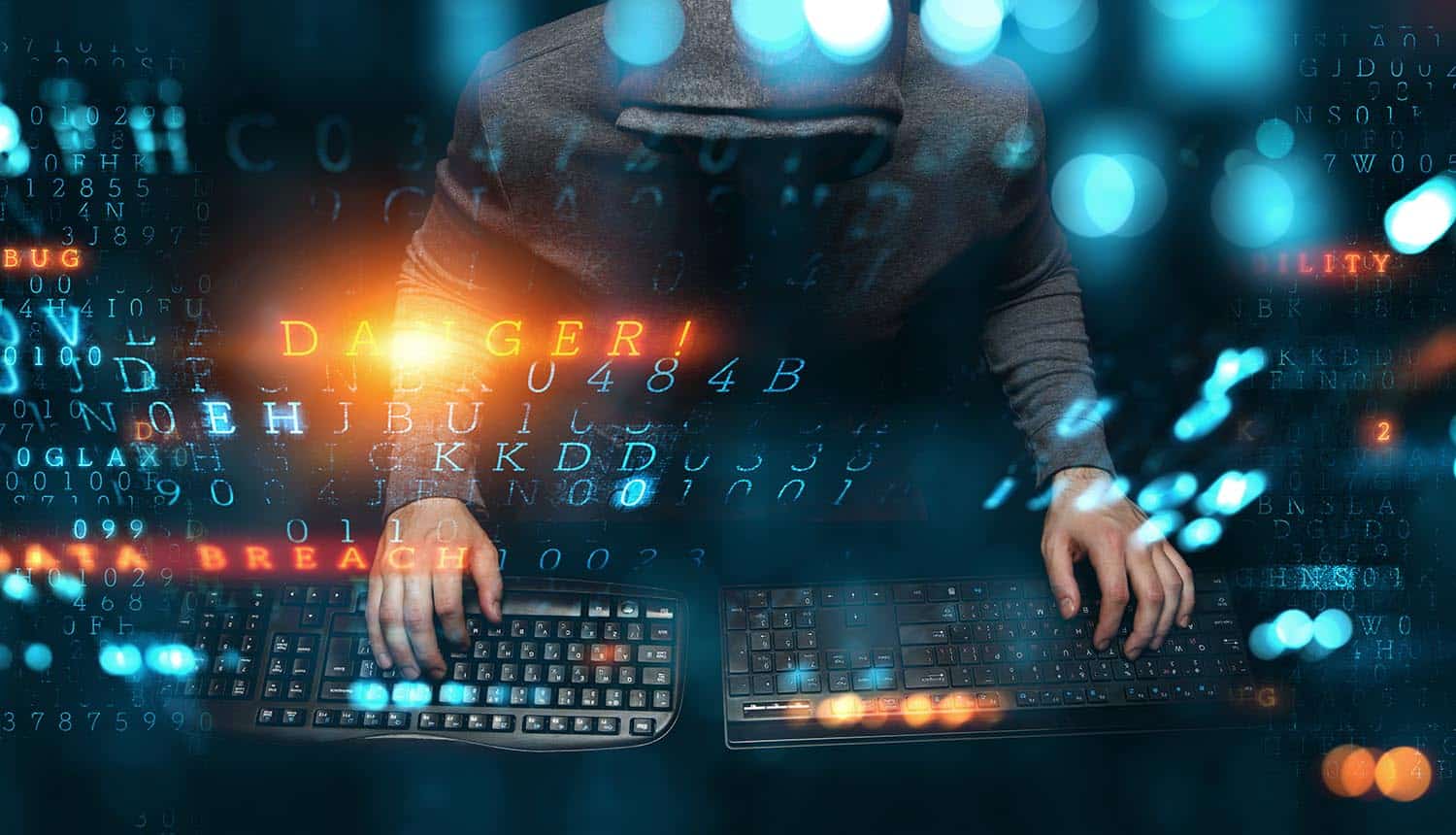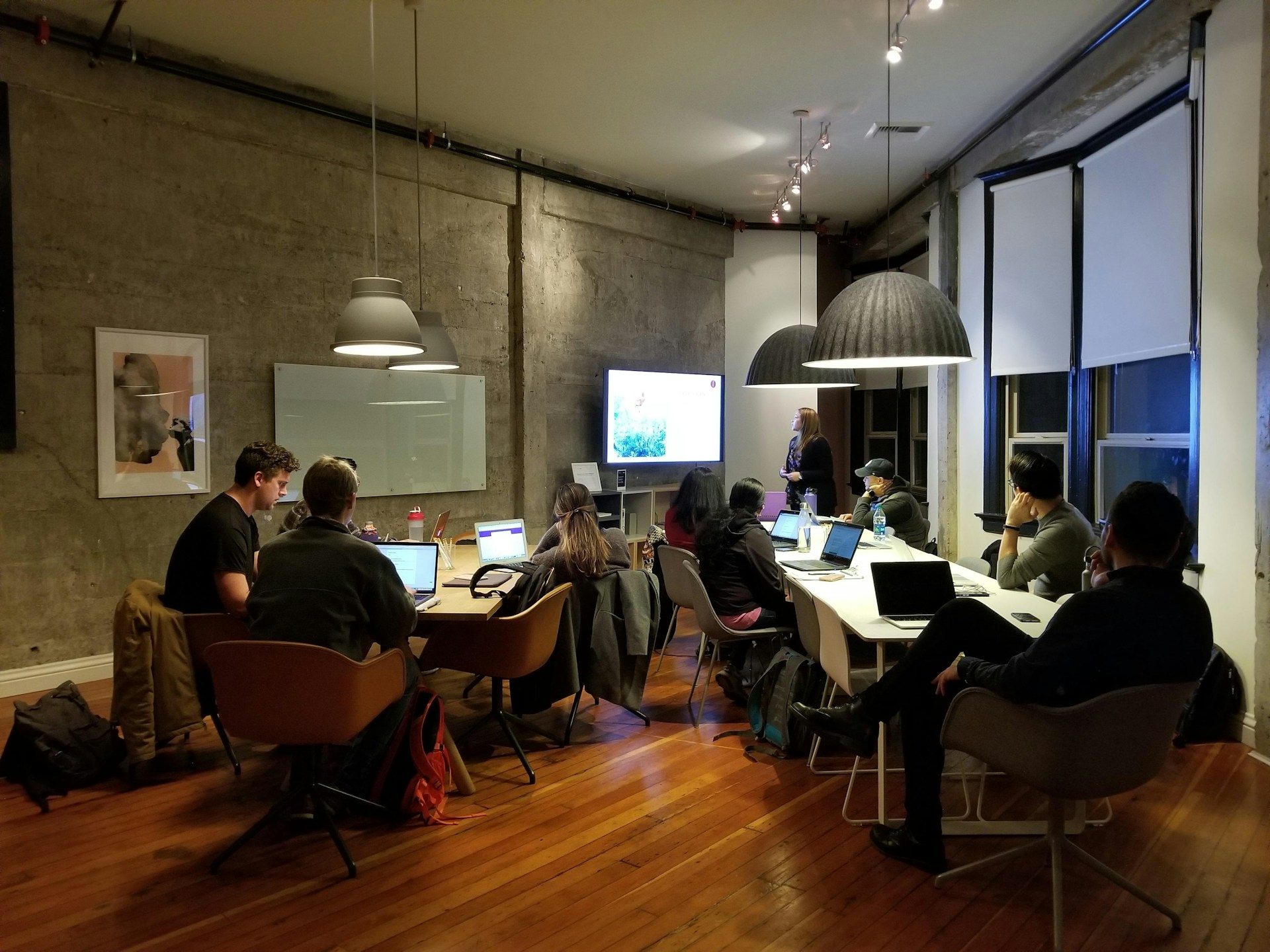But as convenient as they are, public Wi-Fi networks come with significant security risks. These networks, often unsecured or poorly protected, can expose your sensitive information to hackers and cybercriminals, which is why it’s important to safeguard your Apple devices as best you can.
How Apple’s Built-in Security Helps, But Isn’t Enough
Apple has made great strides in securing its devices, but even the best built-in protections can’t fully protect from the dangers of public Wi-Fi. Features like iCloud Keychain securely store and autofill passwords, while Safari’s private browsing mode helps prevent websites from tracking your movements. However, these tools can’t stop hackers from intercepting your data if you’re on an unsecured network.
To keep your information safe, it’s essential to understand that these tools are just part of the equation. The truth is, while Apple’s security measures help, they don’t replace the need for additional protection. This is where a more comprehensive approach comes into play, such as using cyber security consulting services to bolster your device’s defenses or investing in third-party tools designed specifically for safeguarding your connection on public Wi-Fi.
Public Wi-Fi: The Silent Threat to Your Apple Devices
While Apple devices are renowned for their robust security features, public Wi-Fi networks present an invisible yet significant threat. These networks are often open or unsecured, meaning anyone nearby can potentially intercept your connection. Hackers use various techniques, such as man-in-the-middle attacks, to access data flowing through the network. As a result, personal information like passwords, credit card details, and emails can be easily exposed.

The risk becomes even more significant when you connect to networks that don’t require a password or those with weak encryption. This makes it easier for cybercriminals to create fake networks that appear legitimate, luring unsuspecting users into connecting. Once connected, they can monitor your online activities, track your browsing, and access sensitive data.
What to Do If You Think You’ve Been Hacked on Public Wi-Fi
If you suspect that your device has been compromised while connected to public Wi-Fi, taking quick action is essential. Start by disconnecting from the network immediately. Next, change your passwords, especially for critical accounts like banking, email, and social media. If you have access to a VPN, connect to it as soon as possible to secure your connection. Additionally, running a security scan on your device will help identify any malware or suspicious activity.
How to Stay Safe on the Go
Staying connected on the go is a necessity nowadays, but as we’ve seen, public Wi-Fi networks can expose you to serious risks. By taking proactive measures, like using a VPN and enabling Apple’s built-in security features, you can significantly reduce your chances of becoming a victim of cybercrime. Whether you’re a frequent traveler or a remote worker, understanding the risks and implementing these protective strategies is crucial for keeping your Apple devices secure.








